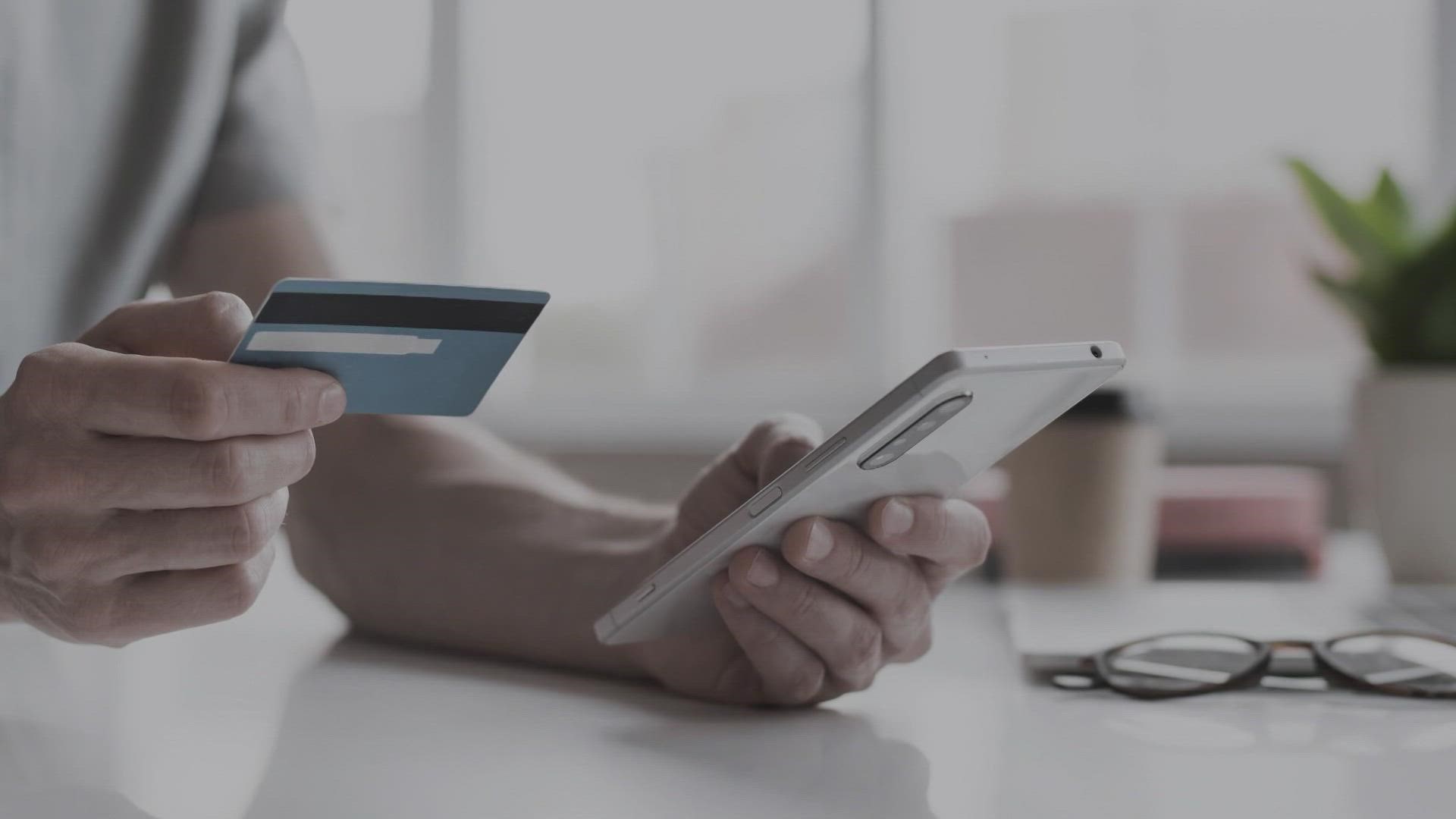SAN ANTONIO — The best action you can take to save money is to pay off that credit card debt as interest rates rise. Doing so can save you thousands.
“Rates are already as high as we’ve seen them in at least a decade, probably longer, and they’re only going to get higher,” said Matt Schulz, the senior credit analyst at LendingTree.
Paying off debt is not an easy feat, especially when money is tight. There is going to be some pain involved in bringing that debt down, but these five strategies can help:
1. Pay more than the minimum
Find the extra money by doing this:
“That doesn’t necessarily mean just having a second job. It could be a side hustle,” said Karl Eggerss, a financial planner at Captrust in Boerne. “It could be selling some unused items that you have sitting around.”
2. Negotiate a lower interest rate
Even taking off a few percentage points is going to save you major money in the long run. The trick is you need to call and ask your credit card to lower your interest rate.
“About 70% of people we asked in a LendingTree survey earlier this year who had asked for a lower interest rate on their card got one,” Schulz said. “So many people don’t realize that you can pick up the phone and call your credit card issuer and ask for a lower interest rate.”
“They are usually not going to come to you,” Eggerss said. “You have to be proactive. You need to establish -- look at my history, look how long I have been with you. If you haven’t missed payments, if you’ve paid on time, if you’ve been with the same credit card for a long time, then you have a leg to stand on.”
Even if your payment history is not great, you can still negotiate. You just may not get as low of an interest rate. Still, even a few points off will save you money.
“The last thing they want is for you to transfer that balance somewhere else,” Eggerss said.
3. Consider a balance transfer
Many credit cards offer a 0% introductory interest rate for a limited time. Pay off the debt before it expires, if you can. Or, if you do not qualify for a 0% interest rate card, transfer the balance to a credit card with a lower interest rate than you pay now.
“That’s something that requires a little bit of work and requires a little bit of effort, but it’s well worth it,” Eggerss said. “Any time we can get our interest rates down, we would encourage you to do that.”
4. Think about paying off your credit card with a personal loan
“There’s a good chance that you may be able to find a rate that is lower than what you’re currently paying on your credit card, and that way, you can use that personal loan to consolidate multiple debts that you have,” Schulz said. “Not only are you saving interest and saving money, you’re streamlining your financial life a little bit, just having to worry about one payment instead of multiple.”
5. Look at nonprofit credit counseling
“Credit counselors can help you with everything from simple budgeting stuff to negotiating with creditors,” Schulz said. “Some of what they do is stuff that you can do on your own, but the truth is that a lot of people need help and professional advice. If you’re kind of stuck and don’t know what to do, a credit counselor can be a good choice.”
Know there is a small fee to work with a credit counselor. A good place to start searching for help is at the National Foundation for Credit Counseling.
Remember you can do more than one of these strategies at the same time to pay down the debt even more quickly.
“Once you start seeing progress paying the debt down, I think it really starts to snowball a little bit,” Eggerss said. “It helps you gain momentum. If you can reduce expenses, do some of the side hustles, consolidate, and negotiate, if you do all of those various things you will get that credit card paid down and you’ll ultimately save a bunch of interest expenses and be financially better off.”
There is some good news. Higher interest rates mean your savings will earn more money.

